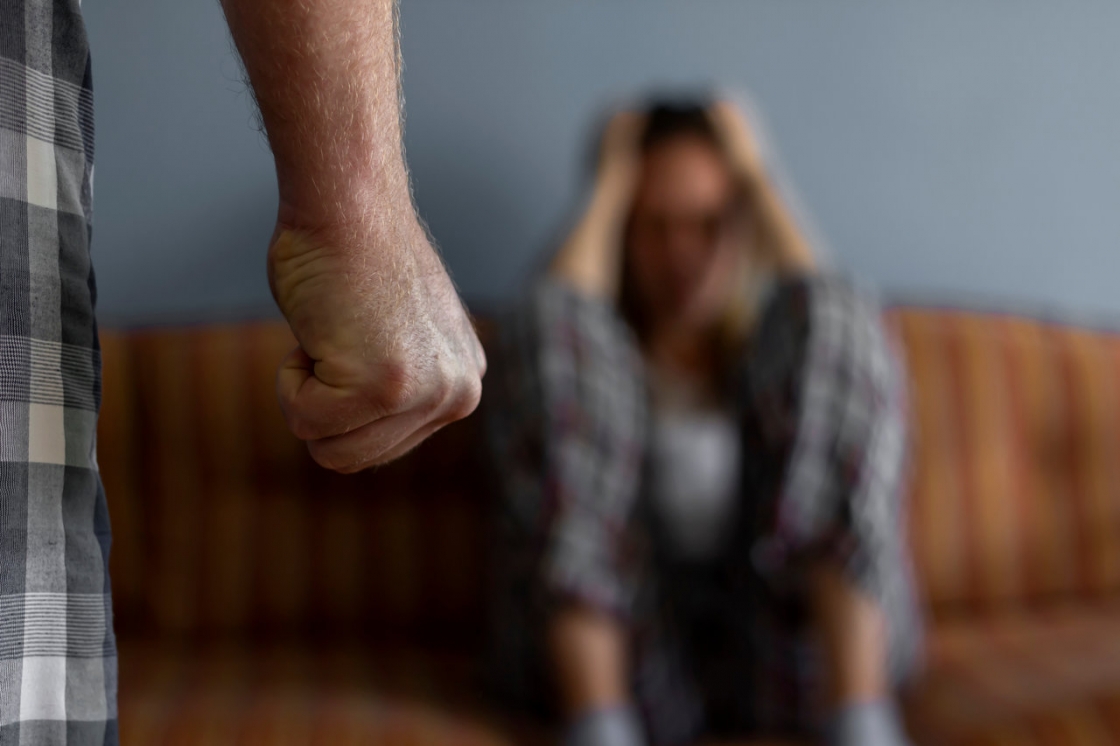
Soon after the World Health Organization declared the Covid-19 outbreak as a pandemic in early March, the dangers posed by the virus were already compounding the existing inequalities and hardships faced by women and girls in the globe, as sources indicate.
Though the coronavirus affects everyone regardless of any differences, it is not hard to admit that women especially those living in an extreme poverty are severely affected by the pandemic.
As evidences from the past experiences show, outbreaks that occurred in the world in different times such as Ebola affect women and girls often; and these segment of the community encounter unique risks and vulnerabilities during and after global health crisis.
Subsequent to weak health system and limited access to immediate and affordable healthcare, women and girls who often shoulder the burden of domestic care at home, look after the children and care for the elderly and the sick ones, could contract diseases and risk their own health.
In addition to the aforementioned burdens and health risks; and with UNESCO’s estimation of nearly 300 million students globally confining at home due to virus-led school closures, women suffer a lot for much of the responsibilities as they still lie on them.
On the other hand, these groups are also at the frontlines of fighting this pandemic. Globally, two third of health sector jobs are held by women including nursing, midwifery and community health work. This also places them at a higher risk of exposure to the disease.
As women are among the most at-risk society members, urgent attention should be paid to the protection of refugee, displaced and stateless women and girls at the time of this pandemic. Doors should not be left open for abusers and no help spared for women surviving abuse and violence, the UNHCR, the UN Refugee Agency, Gillian Triggs, stated last month.
Confinement policies, lockdowns and quarantines adopted across the world as a response to the pandemic have led to restricted movement, reduced community interaction, the closure of services and worsening socio-economic conditions. These factors are significantly exacerbating the risks of intimate partner violence.
He stressed that for survivors of violence and those at-risk, the consequences of COVID-19 also mean limited access to life-saving support, such as psycho-social, health and security services. Likewise, imposed mobility restrictions and containment measures make it difficult for women to access help while some services, including safe shelters, have been temporarily suspended, re-purposed or closed.
“To preserve lives and secure rights, Governments, together with humanitarian actors, must ensure that rising risks of violence for displaced and stateless women are taken into account in the design of national COVID-19 prevention, response and recovery plans.”
Globally, our network of UNHCR protection staff is on high alert. Our life-saving programs for women and girls subjected to violence are being adapted where possible. In some locations they are now being managed remotely by social workers with the support of trained community volunteer networks,” said Triggs.
To preserve lives and secure rights, Governments, together with humanitarian actors, must ensure that rising risks of violence for displaced and stateless women are taken into account in the design of national COVID-19 prevention, response and recovery plans,Triggs underscored.
Similarly, rigorous protection and safeguarding of children, girls and women must be emphasized and prioritized in all policies, information, guidance at all stages of the response. And also, all governments should put all women and girls’ safety first as they respond to the pandemic.
And, Ethiopia will be no exception. Subsequent to the “Stay at home” approach, several women are shouldering greater burden and are at high risk of domestic violence.
According to Semegne Wube, State Minister with Ministry of Women, Children and Youth, most girls and women are at high risk of domestic violence due to the “stay at home order”.
In a press conference held recently, the State Minister said that various women especially those engaged in informal jobs, earning lower and leading miserable lives are at horrifying state, she stressed. Taking the double added risks of girls and women into consideration, she called on government and nongovernmental organizations, civic society associations and concerned bodies to take part in any activity that could lessen the burden of women and girls during the outbreak. The Ministry will keep on working with stakeholders to reach out those people in need of help and address the problem as part of its COVID-19 response plan, she said.
As a response to UN’s call for global governments to put women’s safety first as they respond to the pandemic, Ethiopia has made a decision to open courts that have been partially closed due to the outbreak.
According to Meaza Ashenafi, President of the Supreme Court, the court has started entertaining domestic violence cases as an urgent case.
The Ethiopian Herald May 20/2020
BY BETELHEM BEDLU





